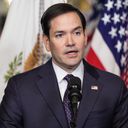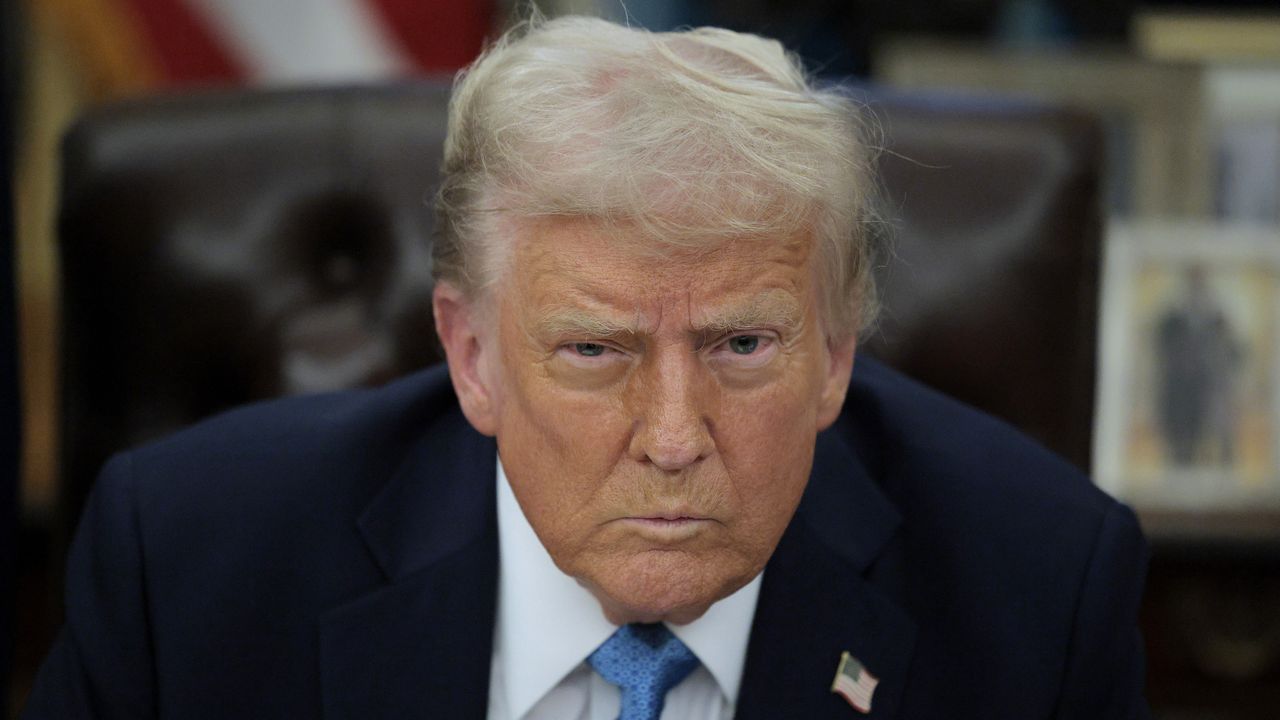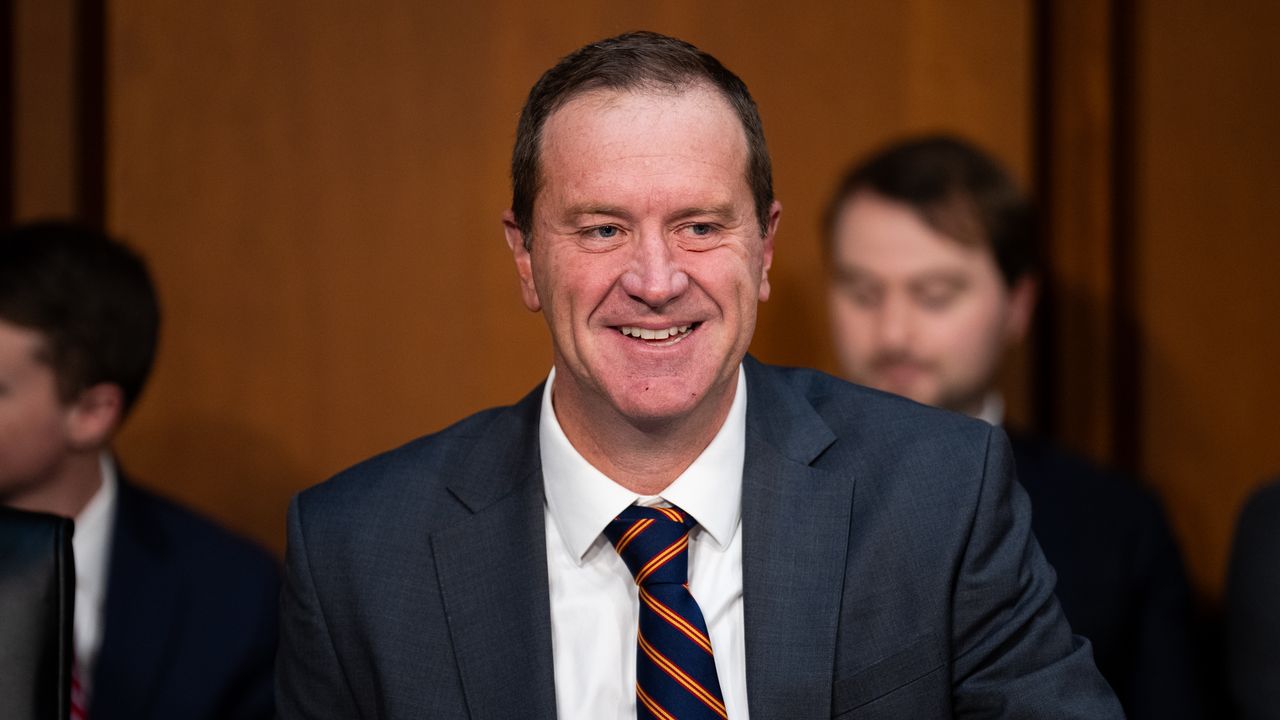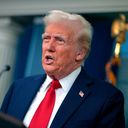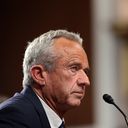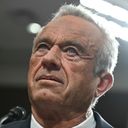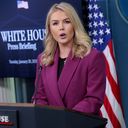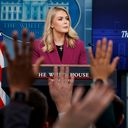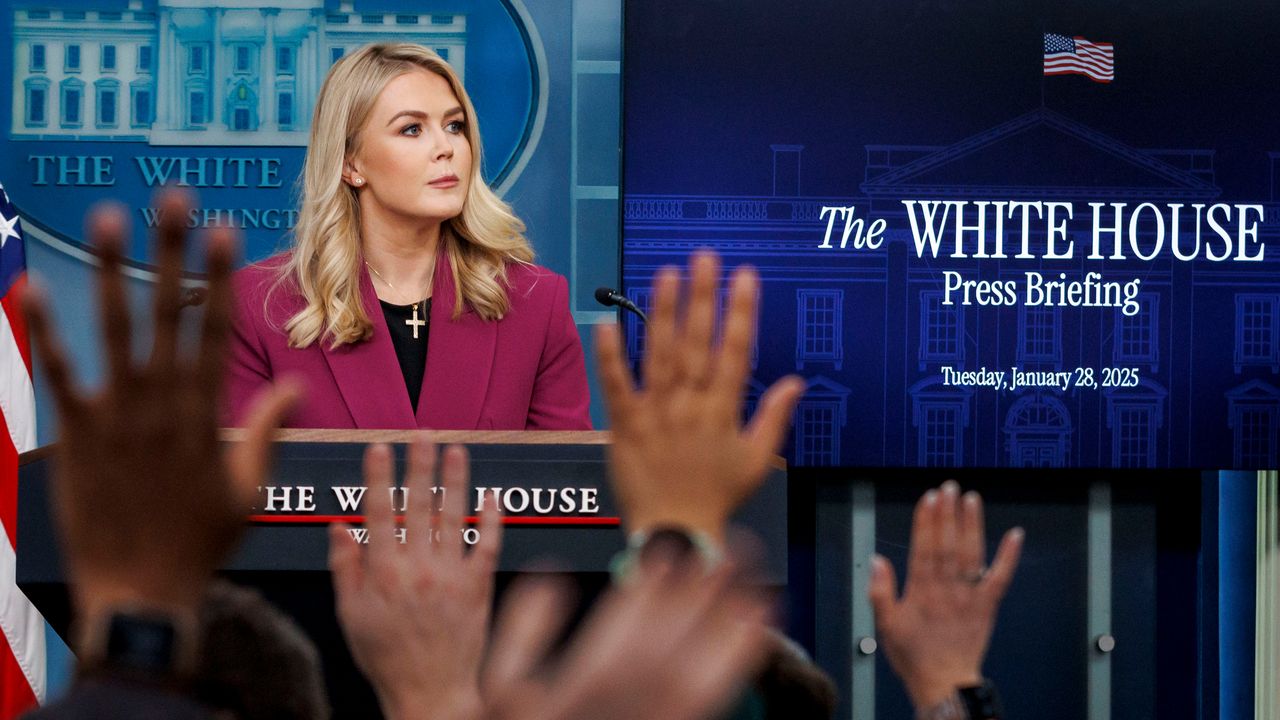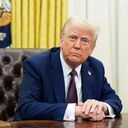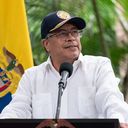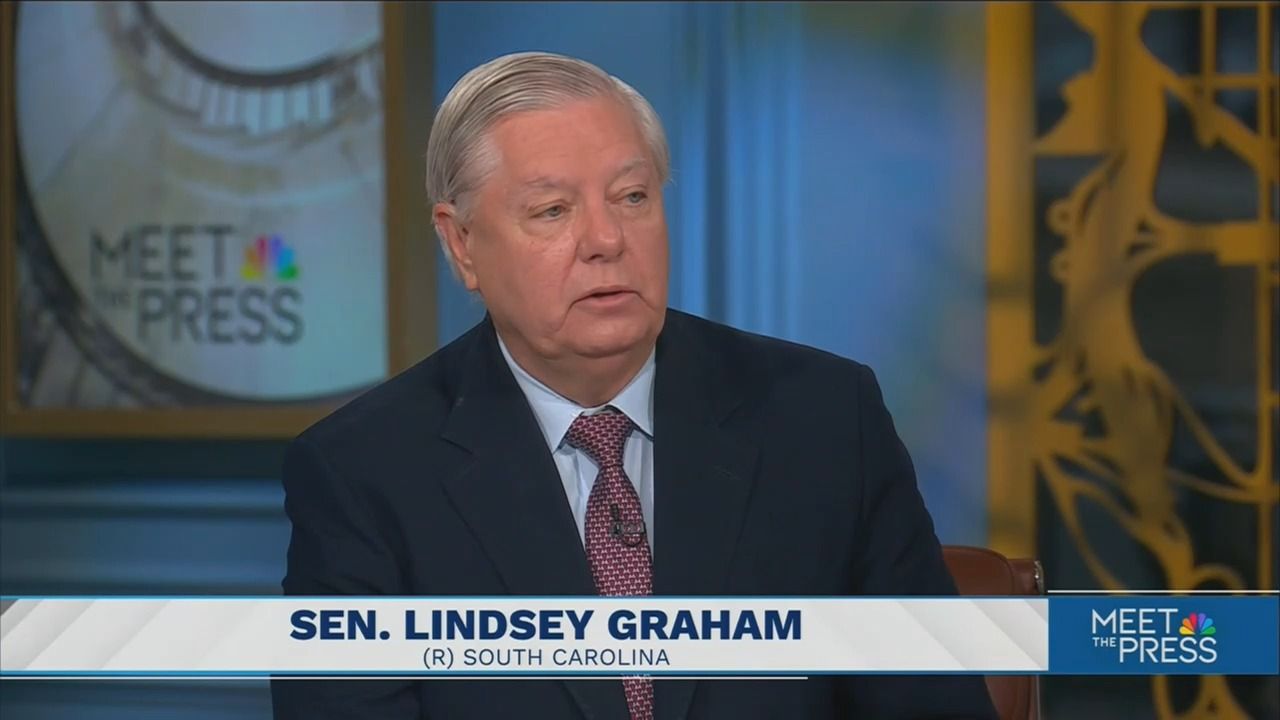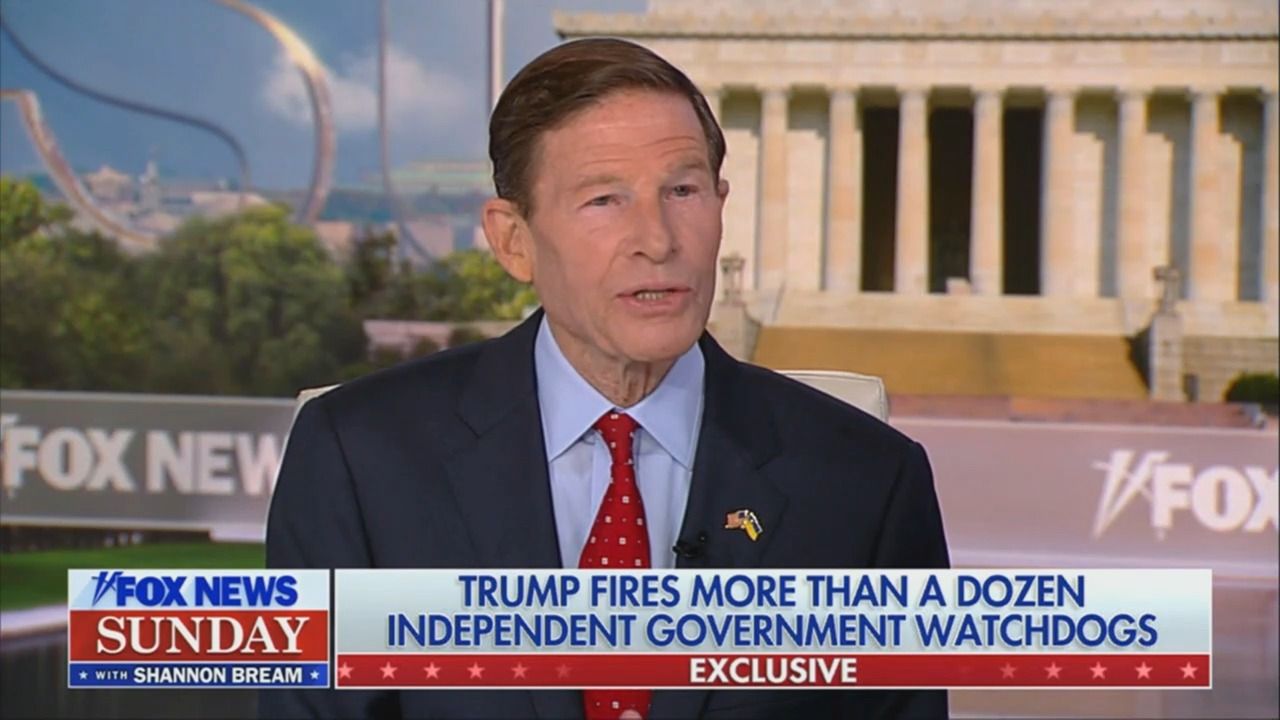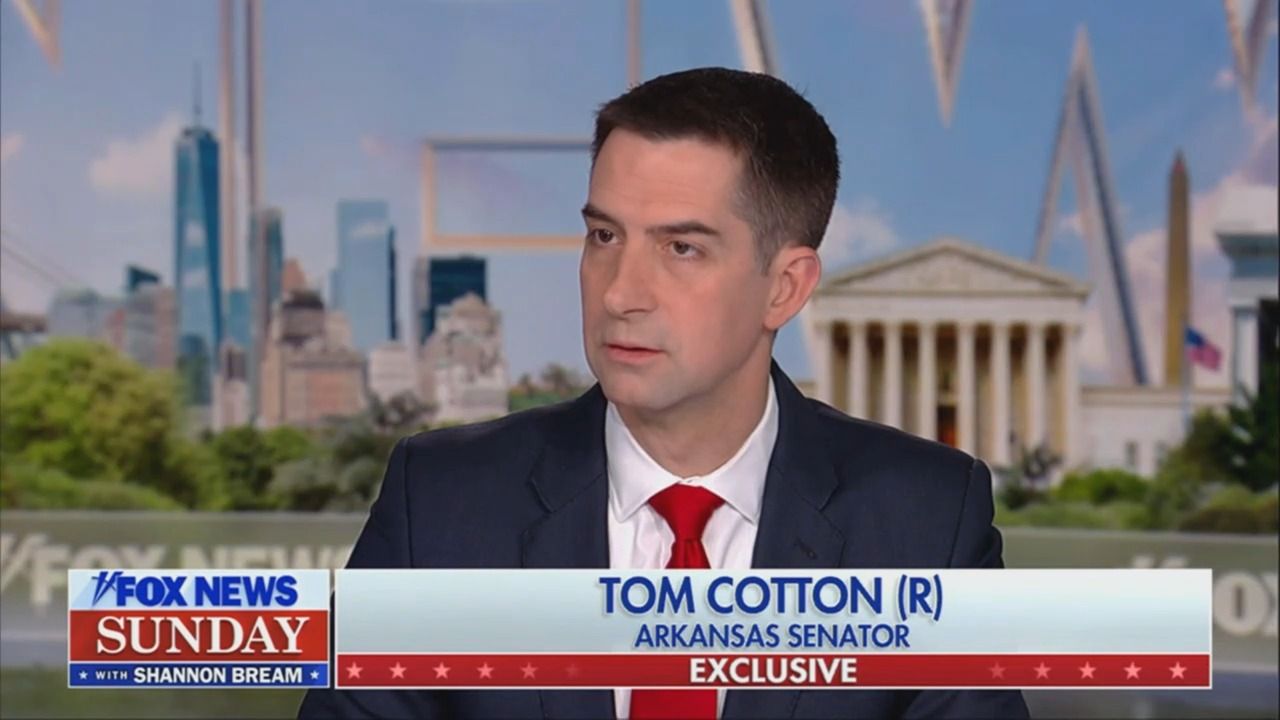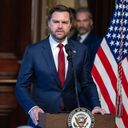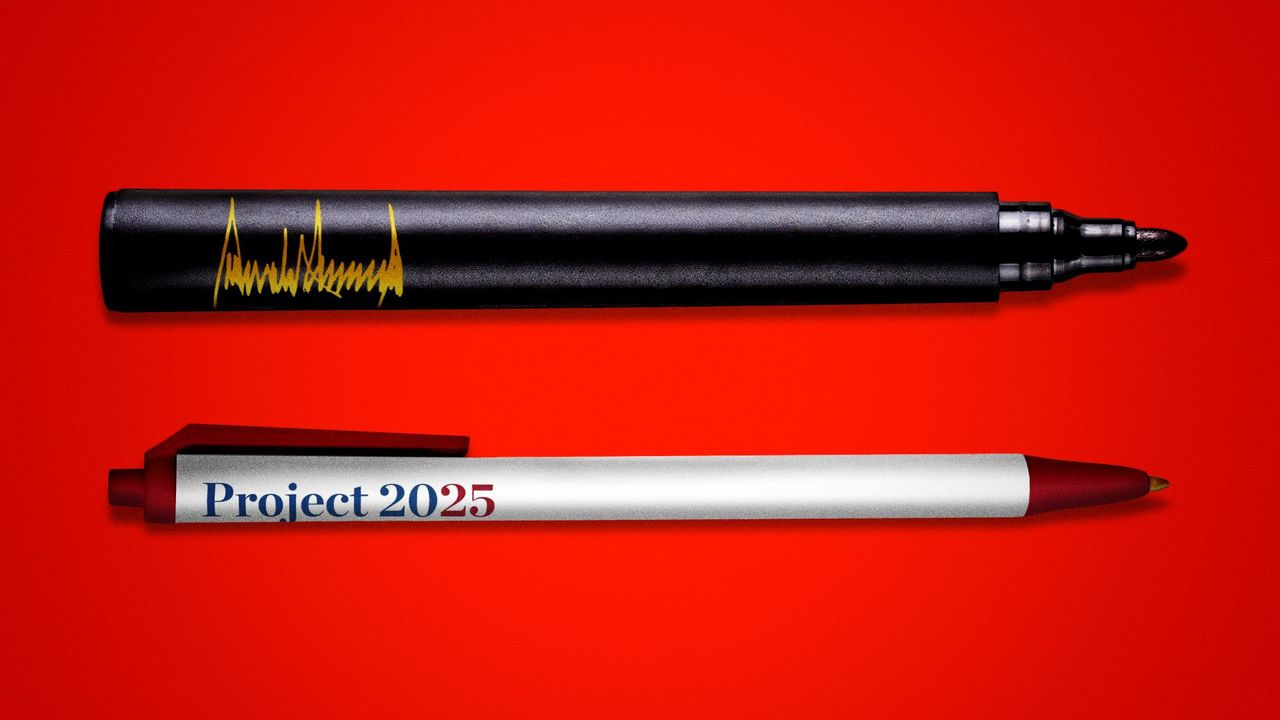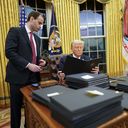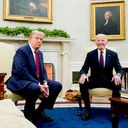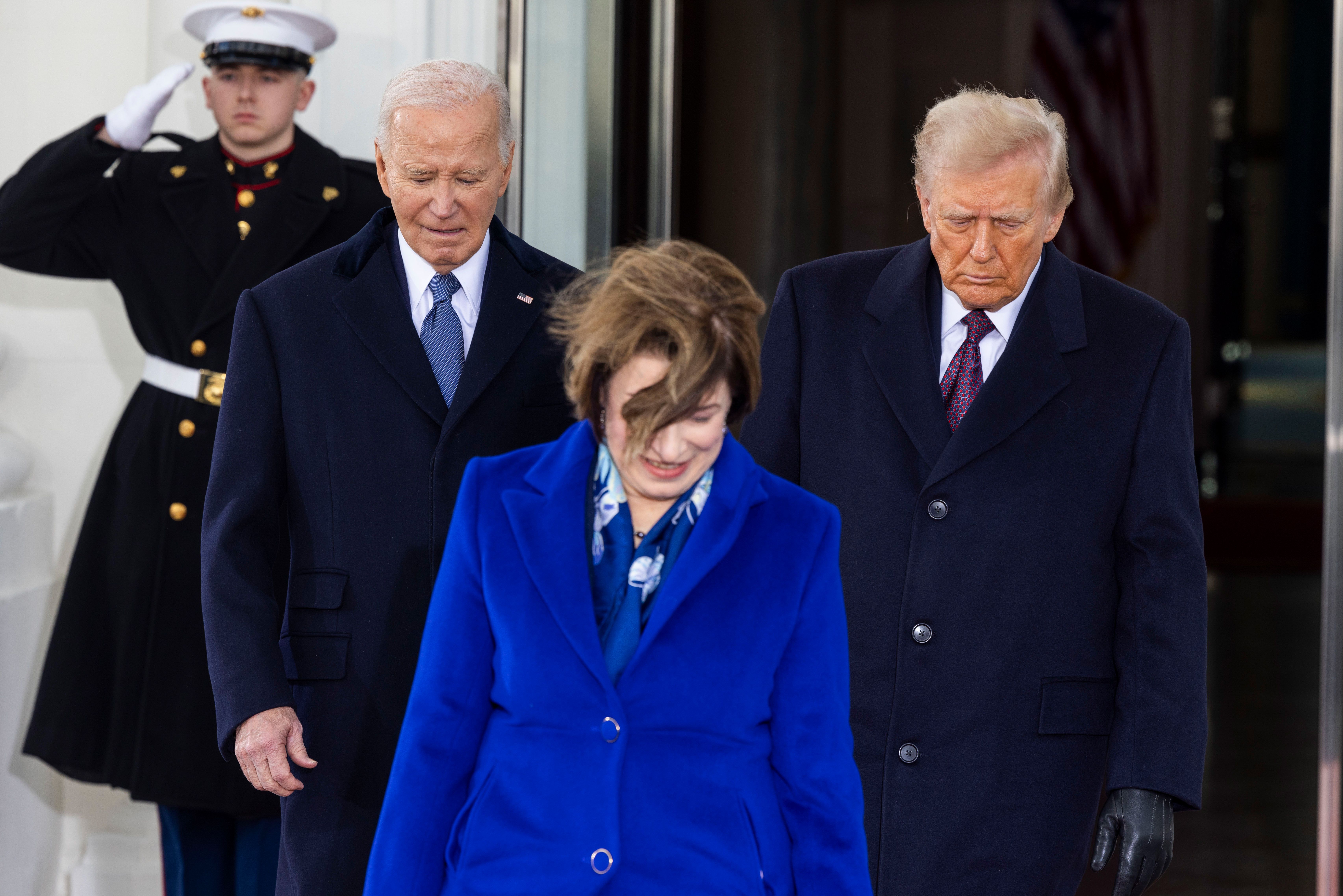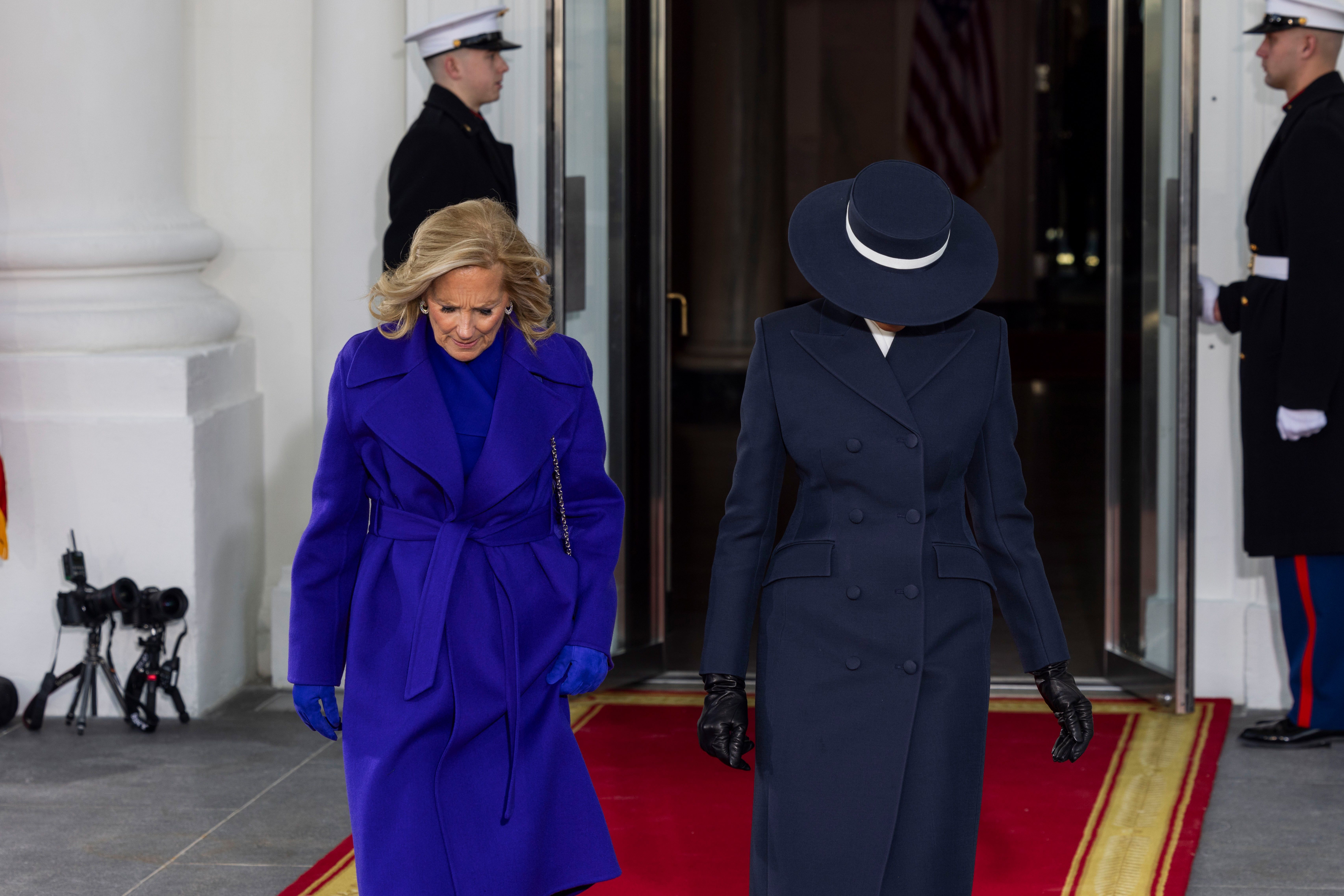What to know about USAID, the federal agency DOGE wants to dismantle
Secretary of State Marco Rubio on Monday announced new leadership and a potential restructuring of the U.S. Agency for International Development (USAID), the agency that leads foreign aid programs around the world.
Why it matters: President Trump's administration appears poised to dramatically overhaul, or attempt to shutter, the critical foreign aid agency, in a move that Democrats are sounding the alarm over.
- Department of Government Efficiency (DOGE) head Elon Musk said Monday that Trump had "agreed" to "shut" USAID down. Musk railed against the agency over the weekend, labeling it as corrupt and wasteful.
The latest: The State Department announced Monday that Rubio had been appointed as USAID's new the acting administrator.
- In a letter to lawmakers from both parties Monday, Rubio accused USAID of having "conflicting, overlapping, and duplicative" activities with the State Department, which result in "discord in foreign relations," Punchbowl News reported.
- Rubio said he had appointed Trump loyalist Peter Marocco to oversee a review of the agency and "potential reorganization," which he said could include eliminating or downsizing certain programs.
Catch up quick: Employees of the agency were barred from entering its headquarters on Monday, AP reported.
- That came after two senior USAID officials were placed on administrative leave for barring DOGE representatives from internal systems during a recent visit.
- The agency's website recently went dark.
- Dozens of career officials were also put on administrative leave last week, the Washington Post reported, over accusations they tried to sidestep Trump's foreign aid freeze.
Here's what you need to know about the agency:
Why was USAID founded?
President John F. Kennedy founded USAID via executive order in 1961 to implement the Foreign Assistance Act of 1961, which CRS describes as the "cornerstone" of the country's foreign assistance programs.
- USAID brought together several existing foreign assistance programs under one umbrella, per an archived version of the USAID website.
- Building on the Marshall Plan, which assisted postwar Europe's recovery, USAID's early focus was on "technical and capital assistance programs," per its archived site.
- Through the decades, it expanded its scope to promote "human needs" — like nutrition and education — as well as democracy and free markets.
What does USAID do?
Its workforce of 10,000 managed some $43 billion in appropriations and assisted approximately 130 countries with disaster relief and economic development in fiscal year 2023.
- U.S. foreign assistance is a key pathway for achieving the country's foreign policy goals, according to the Congressional Research Service.
- The top funding recipients included Ukraine, Ethiopia, Jordan and the Democratic Republic of Congo.
Health programs were the largest USAID funding sector since the 1990s, according to CRS.
- USAID and its partners supported HIV and AIDs testing for more than 79.6 million people as part of the President's Emergency Plan for AIDS Relief (PEPFAR) in 2019.
- Health remained the top USAID sector until fiscal year 2022 due to the COVID-19 pandemic.
- Humanitarian assistance surpassed health for a time and was then passed by governance in FY 2023, a result of U.S. support for Ukraine.
By the numbers: The over $40 billion USAID managed in FY 2023 was still less than 1% of the federal budget.
Zoom in: It's not just other nations that benefit from USAID assistance.
- For example, the USAID Food for Peace Program, which provides emergency food assistance around the world, purchased 1.1 million metric tons of food from U.S. farmers of ranchers in fiscal year 2023.
What has Trump said about it?
Trump told reporters Sunday evening USAID was run by "a bunch of radical lunatics, and we're getting them out."
- Responding to a report that two senior agency officials were put on leave after trying to stop DOGE reps from accessing restricted spaces, Musk wrote on X, "USAID is a criminal organization. Time for it to die."
Zoom out: The State Department ordered a freeze on all U.S. foreign assistance funded through the State Department and USAID earlier this month to review whether programs are "efficient and consistent with U.S. foreign policy under the America First agenda" in accordance with an order from Trump.
- After widespread confusion, Secretary Marco Rubio signed a waiver Tuesday allowing "existing life-saving humanitarian assistance programs" to continue work.
Yes, but: In the wake of the freeze, USAID partners and contractors were directed to halt work supplying critical drugs treating HIV, malaria and tuberculosis, Reuters reported.
- And in Pakistan, officials were ordered to cease working on several projects, including reconstructing police stations damaged by flooding, NPR reported.
What we're watching: Trump has yet to make an official statement on USAID's future but told reporters Sunday the administration would "make a decision."
- Democratic lawmakers, after reports Trump was considering merging the agency with the State Department, urged the administration in a letter to the USAID acting director to respect USAID's independence and life-saving work.
- The White House did not immediately respond to Axios' requests for comment.
Go deeper: Musk's wrecking ball pierces government's inner sanctum
Editor's note: This story was updated with additional developments.
